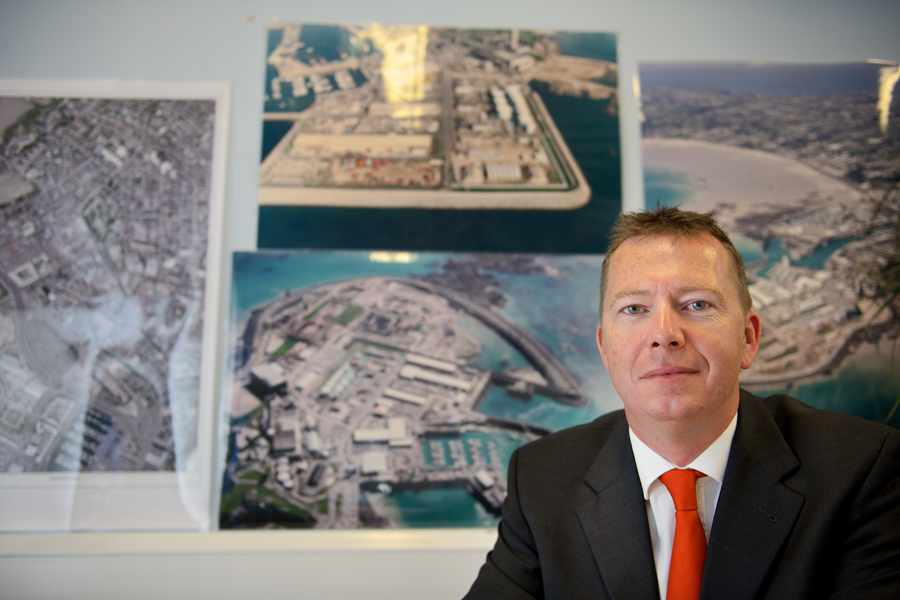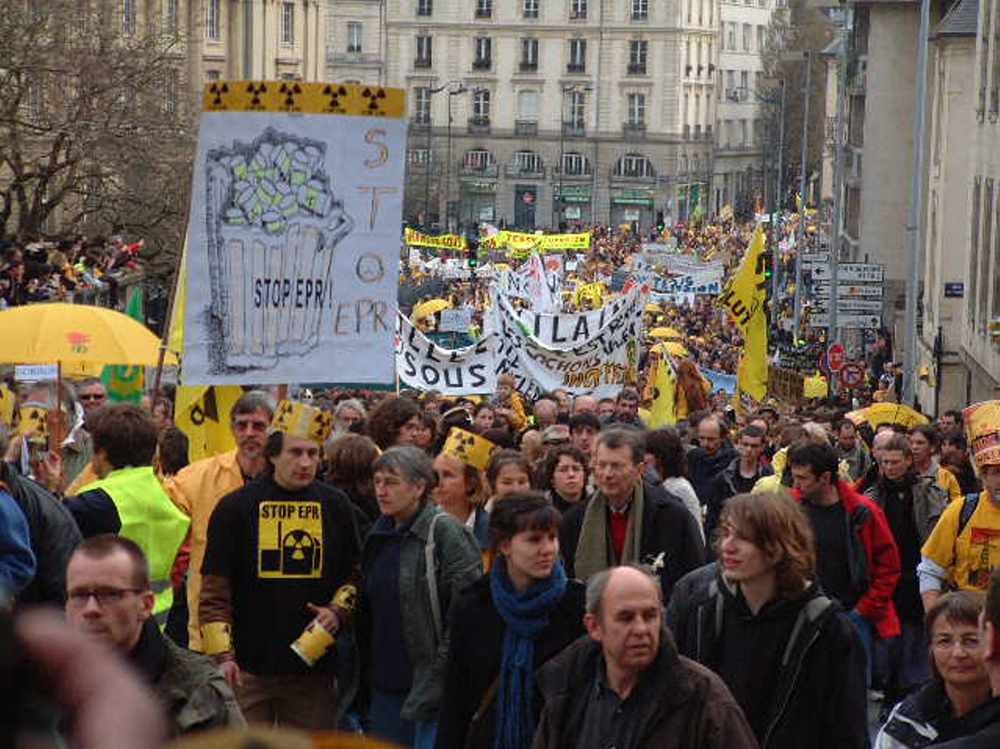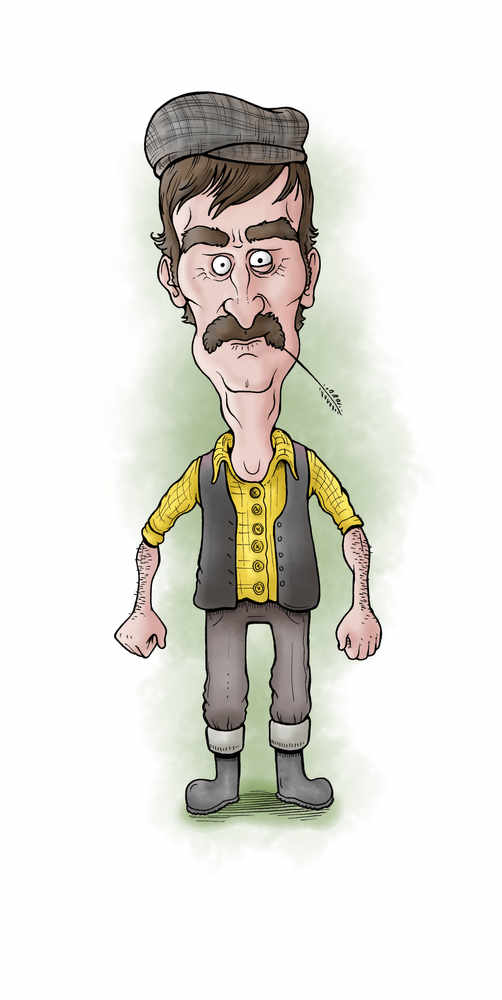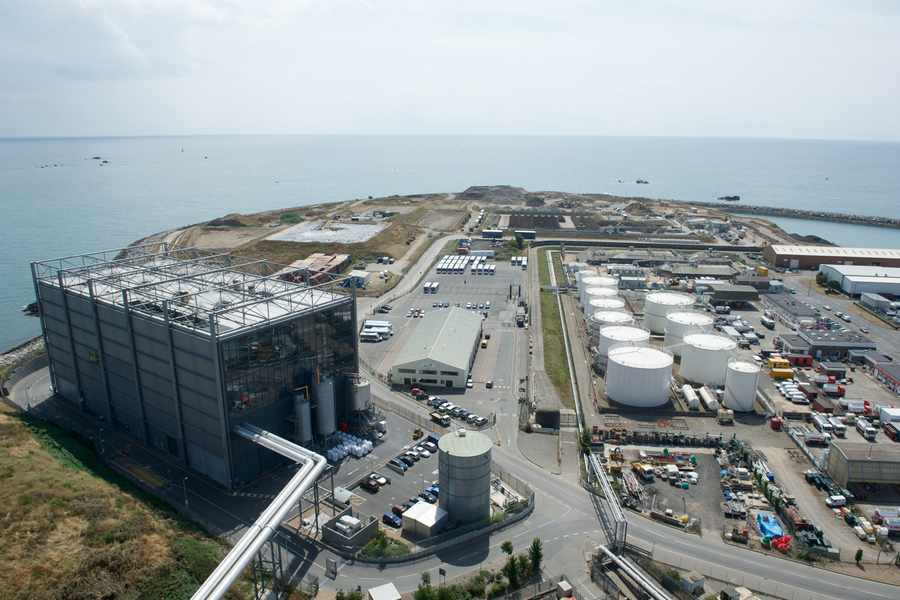- A third reactor will be built at Flamanville nuclear power station
- Concerns over ‘weak spots’ not enough to halt work
- The plant is 30 miles from Jersey’s east coast
- Do you feel safe living so close to Flamanville? Take our poll below
CONSTRUCTION work on a new reactor at a French nuclear power plant 30 miles from Jersey’s east coast can go ahead despite the discovery of weak spots in the steel, an energy firm working on the project has said.
Electricity company EDF has confirmed that techniques being used to build the new reactor at Flamanville comply with regulations.
The new reactor, which is designed to withstand a plane crash, will be the third on the site.
Earlier this month, Areva, which is leading the building project, discovered weak spots in the steel casing which could reduce the resistance of the metal.

Tests are being carried out on the steel in an effort to prove that the equipment is compliant with current regulations while the construction, which is nearly completed, is due to continue over the coming months.
Joe Carnegie, Jersey’s emergency planning officer, has said that there is no risk to Jersey at the moment as the reactor is not yet active but that he was in regular contact with the French authorities.
He said: ‘It is not a safety issue per se – the reactor is not running at the moment.
‘The main issue is the container that is being built and the weak spots that have been discovered. The French companies have been very open about this – they have identified this problem and are looking into it.
He added: ‘I am going to meet the French authorities soon and I will ask about this, but I have no great concerns at the moment.’
The new reactor has been widely criticised in France as being too big, too expensive and being years behind schedule.


Up yer in mah neck of the woods bein’ born with the odd surplus finger or two ain’t all that uncommon and can even be considered an advantage (as demonstrated bah the victory of lasy yer’s Parish Piano team in that i-stedford thing they got in town).
Still, there are limits; bein’ born with an extra finger in the centre of yer forehead is considered pretty unlucky wherever yer from.
Poor old Pete le Brocq; him and his girlfriend Petra (le Brocq) didn’t half take some stick upon returning to the village with their newborn, despite their bravest attempts to hide it’s deformity bah carryin’ it round bah the head like a boule.
As usual, the culprit behind little Rocky le Brocq’s bonus digit was quickly indentified. Flamanville, we whispered, with a sympathetic nod towards Pete and Petra’s mum. Ruddy Flamanville again.
It ain’t easy living with a nuclear power plant reacting on yer doorstep (let alone a French one) but over yer in Jersey we been doing just that since the mid 1980s when they first plugged the thing in. Ah’m no physicalist but apparently the whole thing works like a giant kettle with a ruddy great nuclear thing where the element should be. Or something lark thet. Don’t be quotin’ me for yer GCFEs or nothin’.
Recently the States of Jersey got all shirty abaht the construction of the new third reactor, set to be fizzin’ out nukelies some tarm soon.
A report written in 2006 expresses concern ‘baht the possibility of some nutter flyin’ an airplane into it. Not kwart sure why anyone would want to be doin’ thet, thugh it certainly meks a welcome alternative to landin’ in Guernsey, so who knows? Keep thet bunker stocked…

HAVING to think about the threat of a nuclear disaster and other incidents that could kill thousands of people isn’t what many people would consider particularly enjoyable, but for Jersey’s emergency planning officer Joe Carnegie, the job is one of great excitement.
‘Because we’re an Island, we have very finite resources. We can’t always cover every eventuality, so my job is to look at the risks that could affect the Island, look at what may be most likely and write contingency plans for them.
‘For example, severe weather is one, issues at La Collette where we have a fuel farm next to Europe’s hottest incinerator is another.
‘If all the electric cables to France failed suddenly and La Collette became unusable at the same time, there would be no electricity in the Island. That is something that would affect everyone. I’m looking at catastrophic risk and putting mitigation processes in place for those eventualities.
‘We’ve sat down and brainstormed what the problems are that could face the Island,’ he said.
‘We’ve looked at what we call the bang risks – the things that could suddenly fail that would affect Island life. ‘For example, earthquakes – that’s not necessarily something we would write a plan for, because it happens every 50 to a 100 years.

It’s a low-level risk. And it’s not the earthquake, but the damage it can do. If there was a major earthquake that started damaging buildings, we have an overarching plan that deals with major incidents, but in terms of specifically focusing on an earthquake, it is not something that is viewed as a major problem.’
In 2014 a Frenchman was accused of plotting terrorist attacks on a number of landmarks, including a nuclear power plant, and although the plant being targeted in this in- stance was not the nearby Flamanville site, Mr Carnegie insists that there is a plan in place if there was to be an incident there.
He said: ‘We speak to the French on a regular basis. We have a hotline between the States Police headquarters and the French police, so if there is an incident, they will get in touch with us very quickly. ‘If there is an incident at Flamanville, the chances are it won’t affect us. We’ve had an in-depth study from UK experts looking at what the risk would be if there was a major incident at Flamanville, and actually we’re in a pretty good place. ‘We do have a plan in place in the event that a major incident does happen, and we’ll put out a public message so the public understand what to do to keep themselves safe.’






